More Than 120,000 US Veterans Are Being Forced to Return Money They Received From the VA
As of 2022, there were about 16.2 million veterans living in the United States. These men and women gave years of their lives to protect their nation and the American people, and in return, they are cared for by the US Department of Veterans Affairs for life.
However, thanks to a little-known regulation, the department is now redacting the benefits of over 120,000 veterans. These veterans are now being forced to pay the department thousands of dollars they were awarded several years ago, and they all agree—it’s simply not fair.
The Stange Law That’s Affecting Over 122,000 Veterans
The law, which has stripped more than 122,000 veterans of their hard-earned benefits from the US Department of Veteran Affairs, has to do with those soldiers who received special separation payments over the past three decades.

Source: Freepik
Special separation payments were one-time incentives awarded to service members willing to abandon their service when the US wanted to reduce its active-duty force. But now, those who received that lump-sum payment have to pay it back.
Veterans Are Being Forced to Pay Money They Were Awarded Years Ago
Over the past several years, hundreds of thousands of veterans who have applied for disability benefits through the VA have received terrible news.
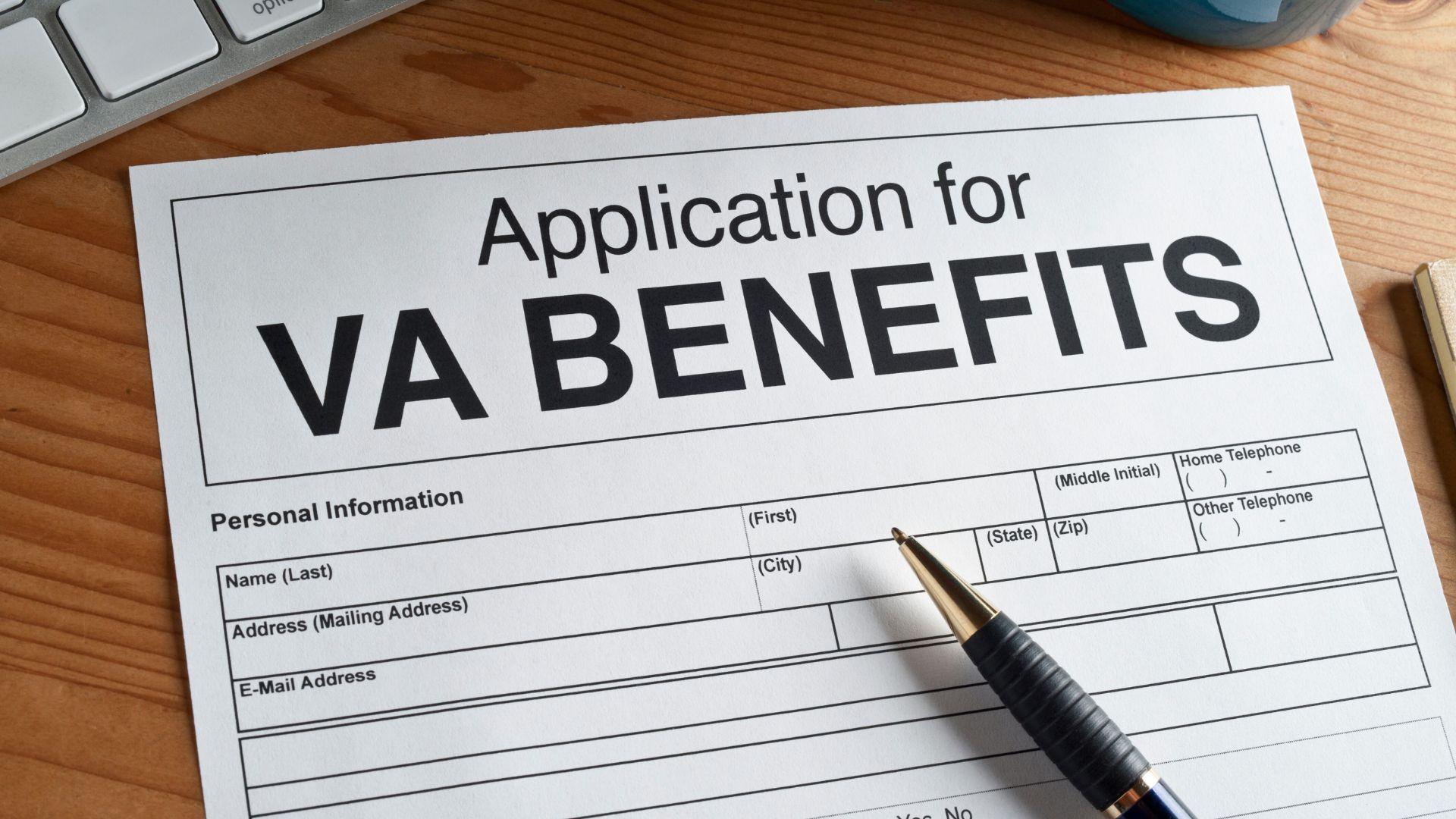
Source: @KLH49/Getty Images Signature
In order to receive the disability checks they rightly deserve, they have to first return the money they received when the US military asked them to leave the service all those years ago.
One 62-Year-Old Veteran Is Being Asked to Pay Back $30,000
Veteran Vernon Reffitt, now 62, left the service more than 30 years ago, in 1992, as per the military’s request. At that time, he was given $30,000 in a special separation payment and simultaneously began receiving monthly disability compensation for an injury he incurred in the service.

Source: iStock
But last year, when he applied for additional disability benefits for another ailment, the VA reported all checks would stop coming until he paid back that initial $30,000.
Veteran’s Wife Is Getting a Second Job to Get His VA Benefits
Reffitt desperately needs the monthly disability pay he has been receiving for more than 30 years, but he doesn’t have $30,000 lying around. To pay it back, his wife is considering taking on a second job.

Source: Military.com
But Reffitt says that, even with the additional income, it could take him and his wife 15 years to pay back the $30,000, which means he would go without disability benefits until he is 77 years old.
Another Veteran Lost His $586 in Disability Benefits
Of course, Reffitt’s story is not unique. Veteran Shawn Teller accepted a gross payout of $10,700 to leave the service in 1996 after serving in dangerous operations like Desert Storm and Desert Shield.
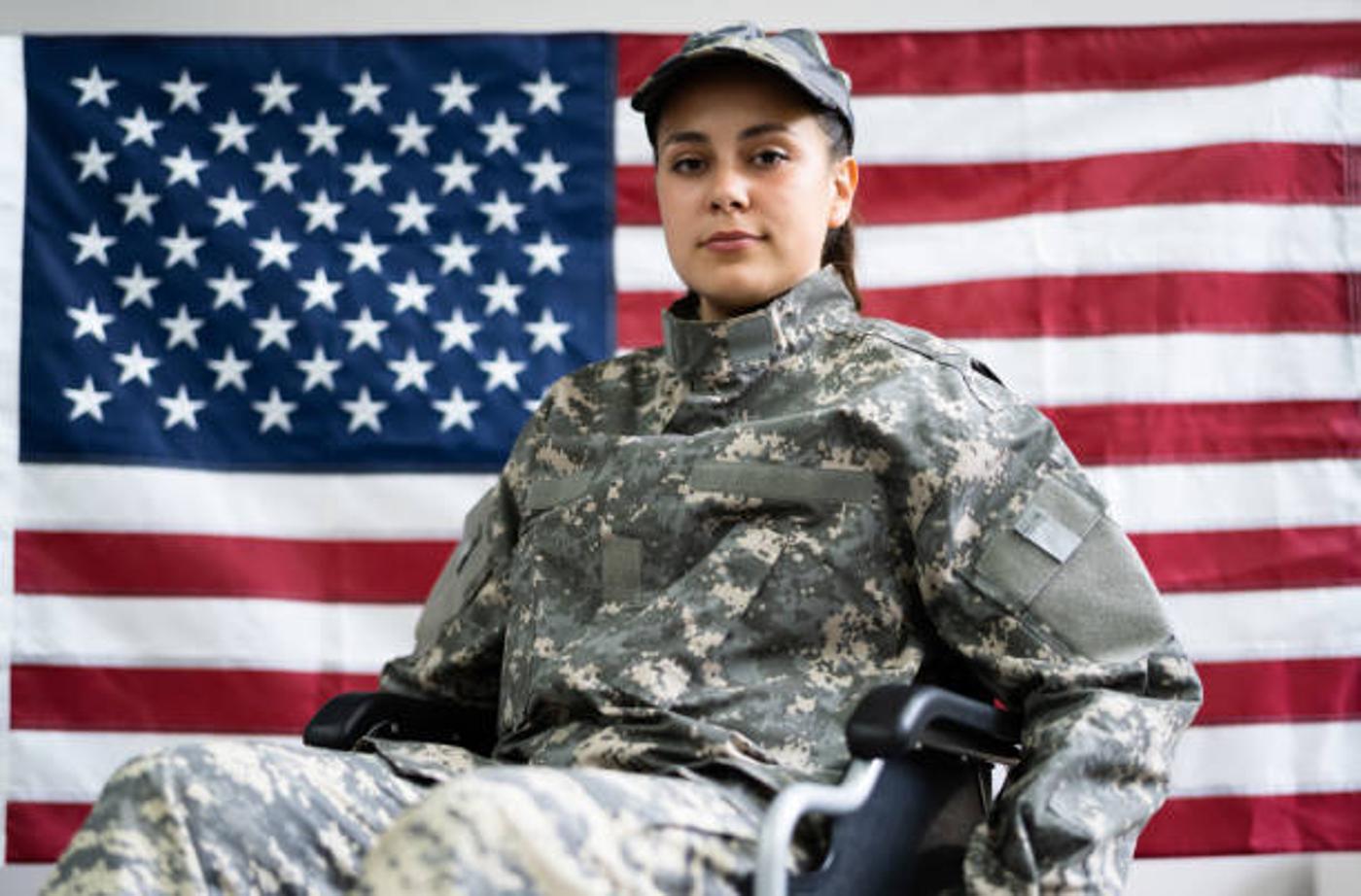
Source: iStock
Then, in 2012, Teller applied for and was granted disability benefits for an old knee injury and began receiving $586 a month from the VA. However, in 2023, Teller filed a claim for his asthma, and the VA responded not only by denying the application but also by reneging on Teller’s $586 disability check until he paid back the $10,700 he was given almost 30 years ago.
Forcing People to Pay
The law has forced at least 79,000 veterans to repay different separation benefits between 2013 and 2020, according to a study published in 2022 by the RAND Corporation, a nonprofit research group.

Source: Karolina Grabowska/Pexels
However, the number of veterans affected by the law is likely much higher because researchers could not access data before 2013 due to system changes in the VA.
The Number of Veterans Affected by the Law Changes Every Year
More than 120,000 other veterans’ stories are almost identical to Teller’s and Reffitt’s. The US Department of Veterans Affairs recouped more funds from more than 12,400 veterans in 2017 and more than 17,000 veterans in 2018.
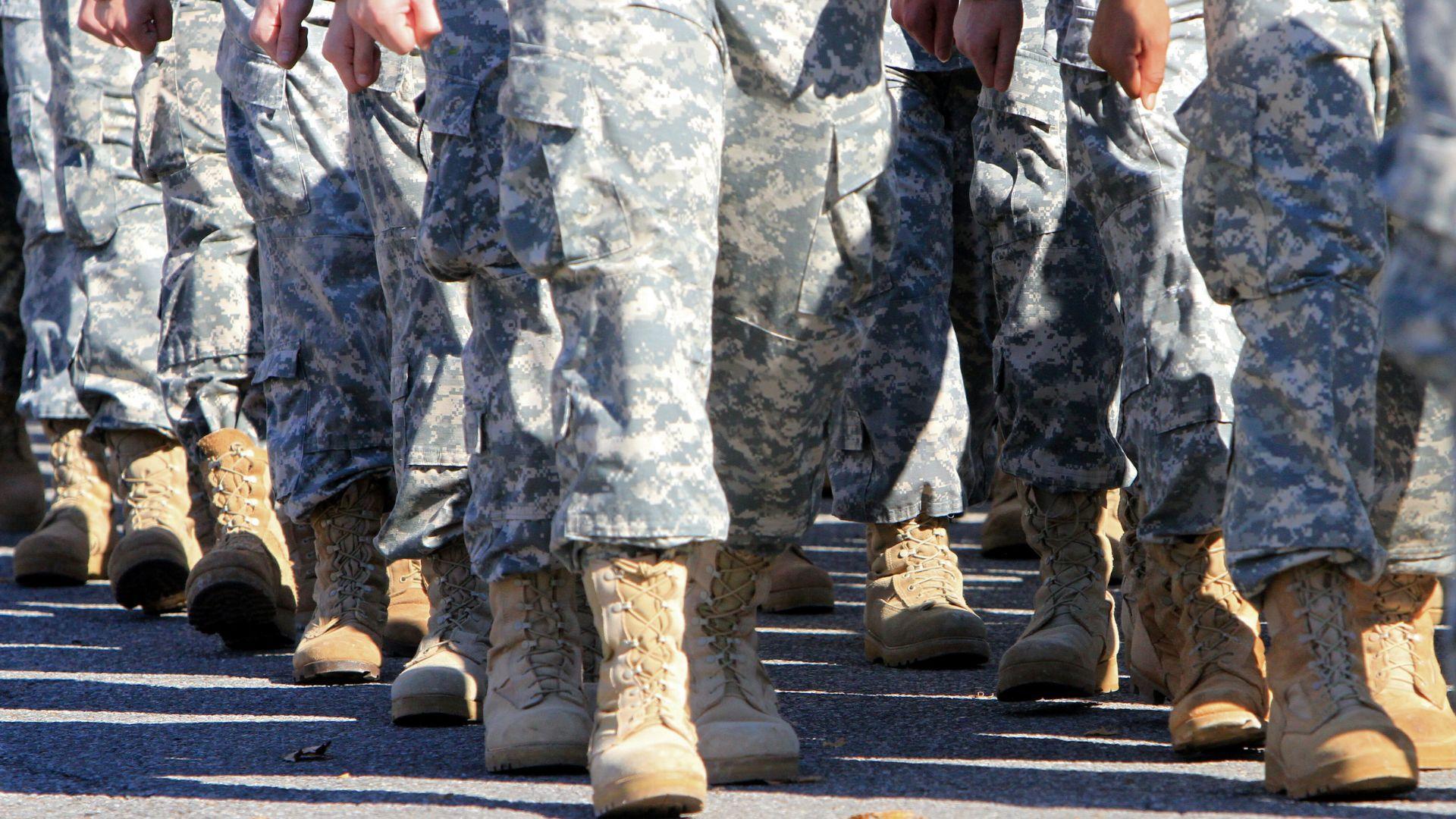
Source: @PeteMuller/Getty Images Signature
That number then dropped slightly to 7,940 vets in 2022 and another 9,300 veterans in 2023. The statistics seem completely random, which begs the question: Why is the VA recouping so many special separation payments now?
Not Everyone Has Been Accounted For
“I think it’s likely that we’re missing a good number of people. We don’t have any way of knowing how big it is,” Stephanie Rennane, the study’s lead author, told NBC News.

Source: Freepik
The VA notes that it should have followed up on attempts to determine the separation amount and initiated recoupment earlier after it caught the error when Reffitt filed a claim under the PACT Act.
A Little Known Law
A little-known law prohibits veterans from receiving both disability and special separation pay. Under the law, the VA has to recoup special separation benefits from veterans before those eligible can begin receiving disability payments.

Source: Bhutina65/Canva Pro
Many were unaware of this law, even those explaining it to disabled veterans. Now, that law is coming back to haunt everyone.
Why Is the VA Refusing to Honor Disability Benefits?
According to the VA, the reason why this is happening now is because hundreds of thousands of veterans have applied for disability benefits over the past decade. When they apply for additional benefits, their records are flagged and the original mistake is highlighted.

Source: Freepik
These veterans were never supposed to receive both the one-time separation payments and the disability benefits. It was their mistake, but now, it’s the veterans who have to pay.
The Law Is Put in Place
When veterans apply for disability compensation, authorized by Congress in 1949, the VA says the form they use states that separation pay may be deducted from VA benefits. The suggestion has never had any action behind it until recently.

Source: Freepik
The provision was “fully justified when the amount of money involved is considered,” the House report that accompanied the bill said, according to the Congressional Research Service.
What Is SSB?
The Special Separation Benefit (SSB) was authorized by statute 10 USC 1174a, and allowed the VA to recoup from VA disability compensation under the section of the law that applies to 1174a by virtue of a third section, according to the VA press secretary.

Source: Sharefaith Sharefaith/Pexels
Unfortunately, this law gives the VA the power to without funds from veterans. Why it is happening now remains unclear.
Justification for the Recoupment
The justification of the recoupment rule carried over in the 1990s when other forms of special separation payments were authorized. Those payments were designed to help the Defense Department manage its force size.

Source: Andrea Piacquadio/Pexels
The veterans said they were unaware of the law that prohibits both benefits when they took the payout.
Unaware of the Law
Even Shane Collins, who is familiar with the Defense Department’s manual, did not know he would have to repay his separation benefits if granted disability.

Source: Andrea Piacquadio/Pexels
“I thought they were completely separate, and that’s how it was explained to me as well,” he said.
No Way to Pay It Back
For many veterans, the monthly disability check is the only income that they have as they are unable to work due to their injuries. They have received these checks for years, but they are only being withheld now.

Source: Freepik
“It was agonizing,” said Daphne Young, a former Army ammunition specialist and combat medic who was deployed to Iraq and Afghanistan, who will not receive her monthly disability payout of $3,700 until she pays back $15,000.
VA Press Secretary Weighs in on the Situation
Unsurprisingly, veterans are extremely disappointed with this situation, and in response, the VA press secretary, Terrance Hayes, has said that the VA is legally bound to recover the special separation benefits from those who also received disability benefits.
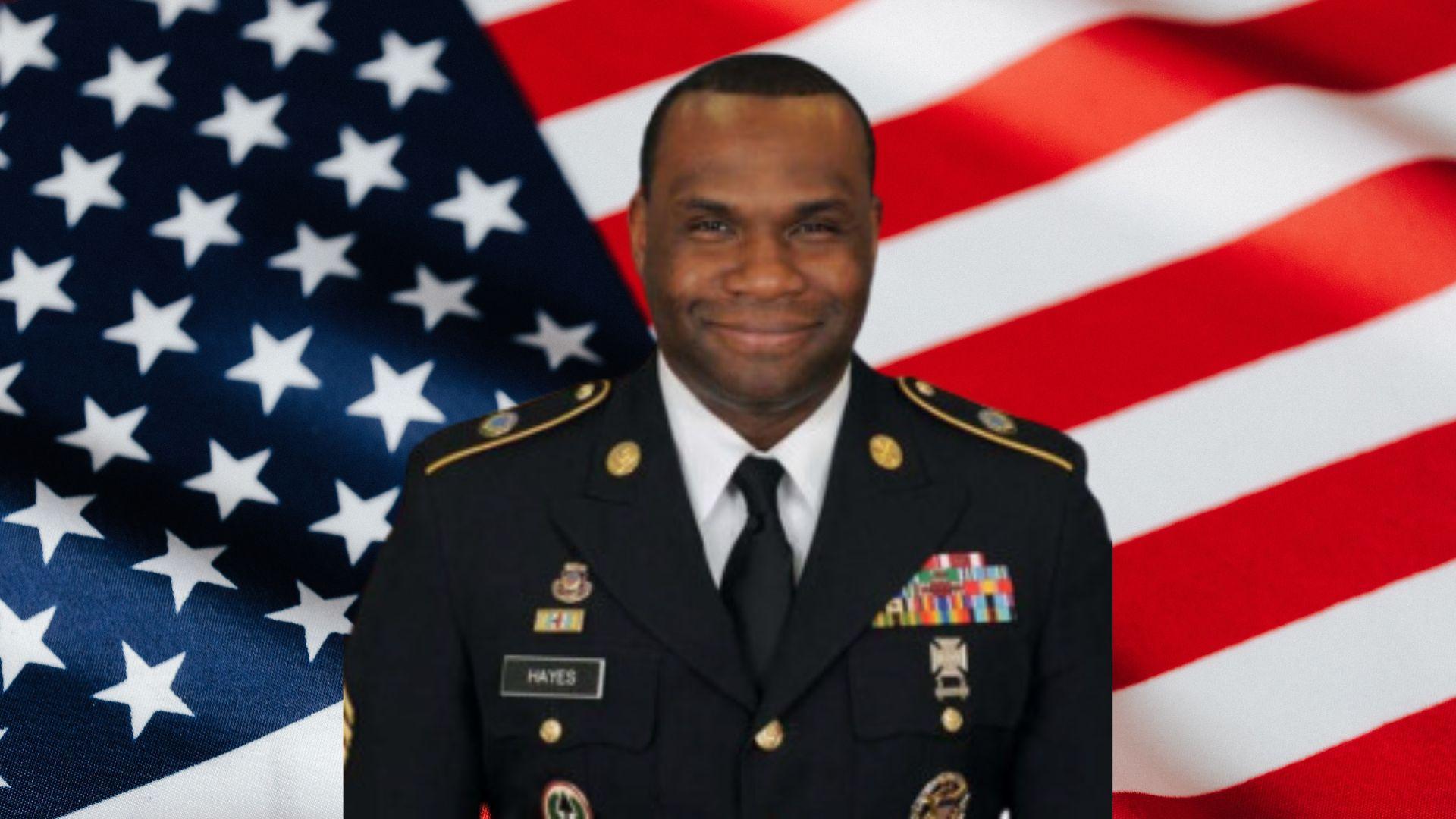
Source: American Veterans/@Karolina Kaboompics/Pexels
Hayes said in a press statement, “There is no concerted effort to increase recoupment. Instead, it is a part of the normal, legally required process during completion of the initial claim application which asks claimants if they received a separation bonus and the amount received.”
The VA Has Announced Waivers Are Available
In order to lessen the outrage, the VA has also announced that veterans can apply for a special waiver that allows them to keep their special separation payout, as well as continue to receive their disability checks.
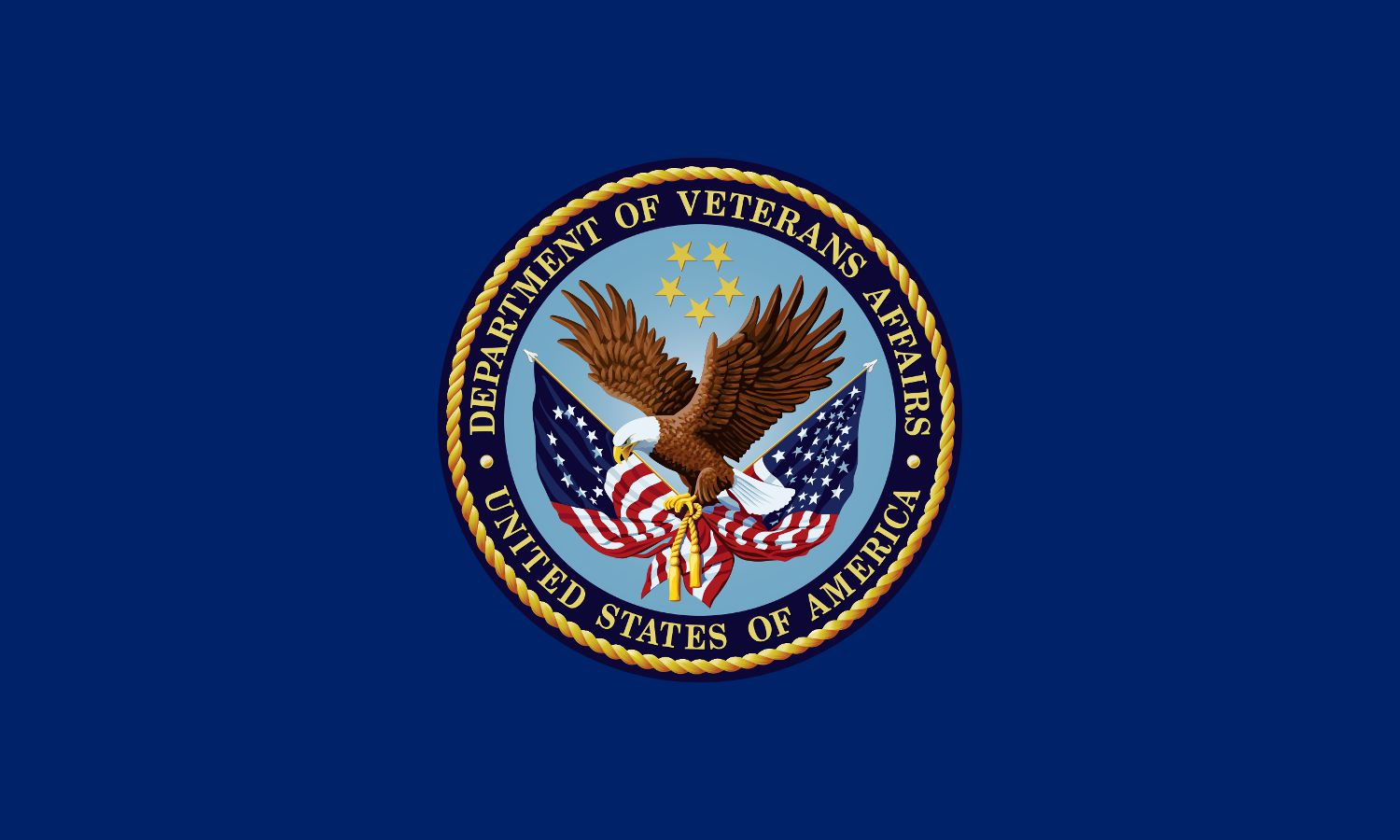
Source: Wikipedia
The VA explained that the branch of service must determine that “recovery would be against equity and good conscience or would be contrary to the best interests of the United States.” However, only six of said waivers have been granted so far.
The High Standards for Waivers
The VA’s incredibly high standards, which make it nearly impossible for veterans to escape the burden placed upon them, is likely one of the reasons that only four waivers have been approved.

Source: Tima Miroshnichenko/Pexels
To get a waiver, the VA said the secretary of the applicable branch of service must determine that “recovery would be against equity and good conscience or would be contrary to the best interests of the United States.”
Taking Their Case to Court
Some veterans are taking their case to the US Court of Appeals for Veterans Claims. Navy veteran John Colage is currently arguing that the VA convoluted the law to justify recouping SSD payout.

Source: Zachary Caraway/Pexels
“They’re wrong,” Colage, who survived the 1989 explosion on the USS Iowa that killed 47 people, said. “They weren’t supposed to take this money.”
Another Legal Issues for Disabled Veterans
This isn’t the first time that disabled veterans have had issues with the law. Their concerns prompted Congress to require a study on the effects recoupment has had on veterans.

Source: Freepik
Despite the historic efforts by Congress to recoup payments for similar issues decades ago, at least one current Congress is now reversing it.
The Two Payments Have Nothing to Do With Each Other
There are many who believe that this law is not only unfair, it’s simply ridiculous. As Marquis Barefield, an assistant national legislative director with the advocacy group DAV, explained, while special separation pay is calculated by a veteran’s military career, disability pay solely relates to illness or injury.

Source: Military.com
Barefield said, “The two payments have nothing to do with each other. They are two separate buckets of money.”
The Law Robs Veterans of the Benefits They Rightly Deserve
The vast majority of veterans and even most Americans who hear about this frustrating reality are wildly disappointed in the US Department of Veterans Affairs.
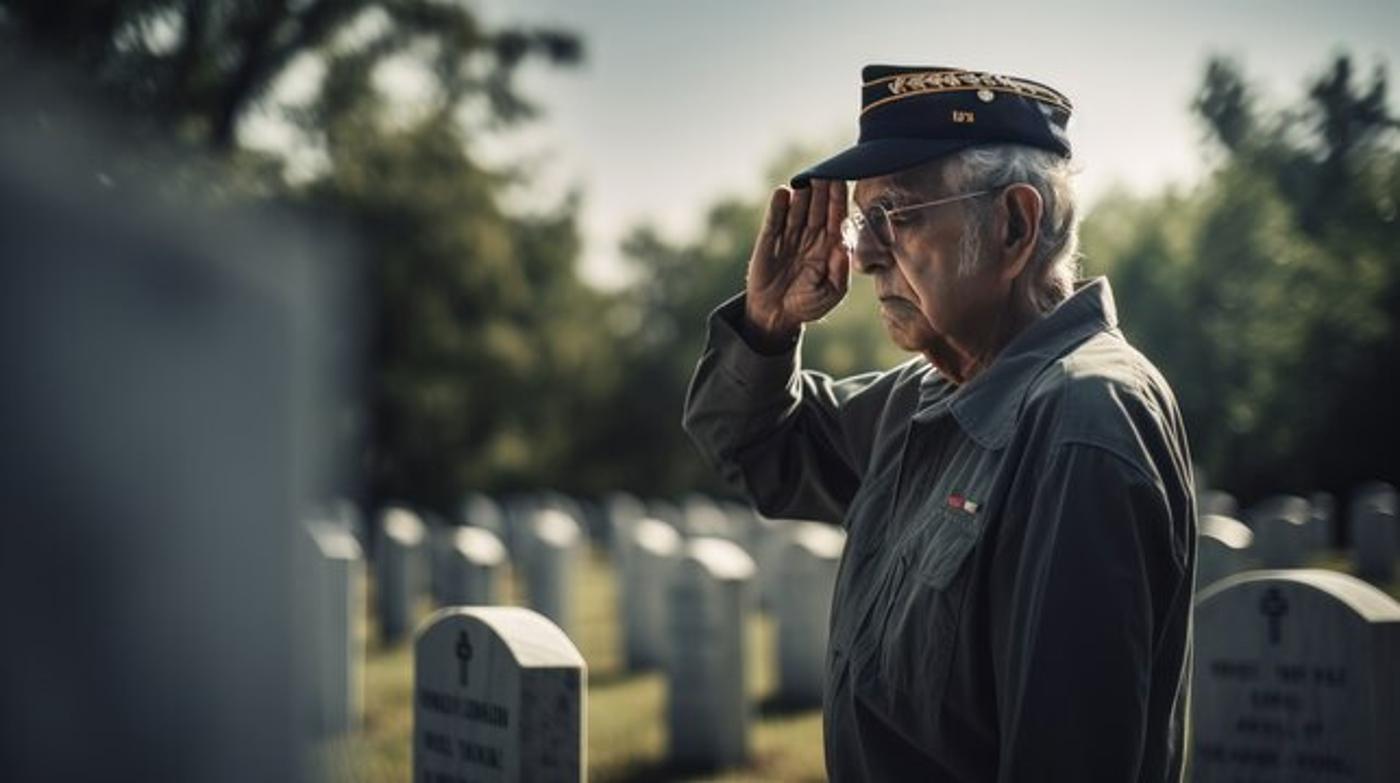
Source: Adobe Stock
It’s simply not right that these men and women are being forced to return money that was rightly allotted to them by the VA. As a nation, we are not caring for our veterans in the way they deserve.
A Push to Reverse Recoupment
Rep. Ruben Gallego introduced a bill that would eliminate the recoupment of disability benefits last year in Congress. “We need a statutory change,” he said.
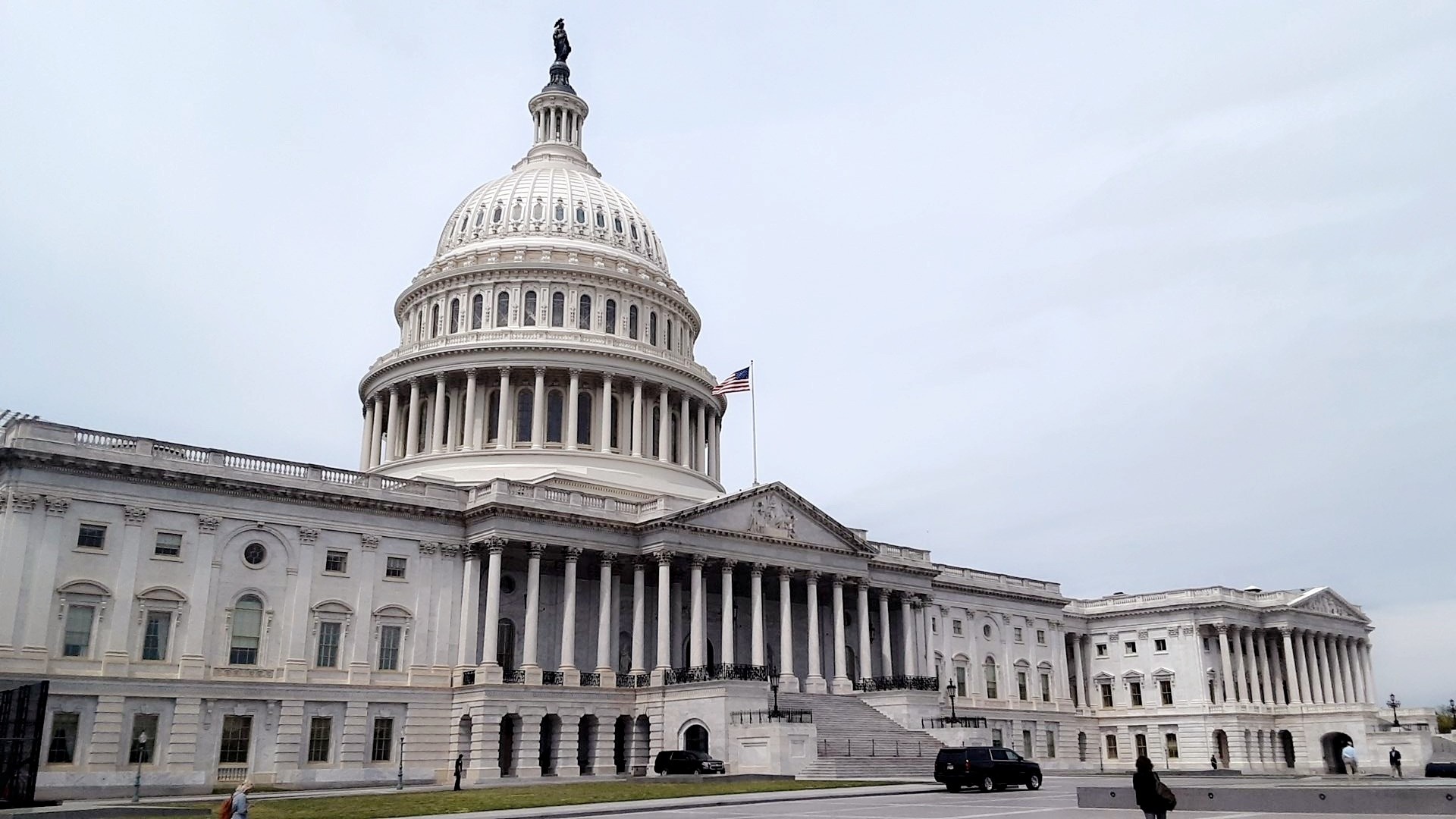
Source: JessicaRodriguezRivas?Wikimedia Commons
Despite the bipartisan support for the measure, Gallego said that the legislative process has been slow because of how costly it would be.
